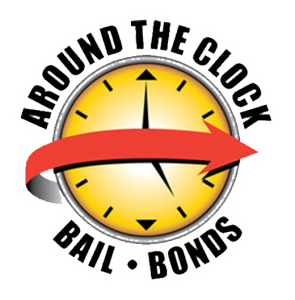Legalized Marijuana and Crime and Incarceration Rates
When the public learned that the state of Colorado was legalizing marijuana, there was a mixed reaction. On the one hand, there were individuals who strongly believed that legalizing marijuana would lead to an increase in crime and to an increase in marijuana use among minors. On the other side of the argument, there were individuals who believed that in the same way the legalization of alcohol curtailed prohibition related crimes, so the legalization of marijuana would erase crimes associated with legal marijuana sales. Now, more than one year into Colorado’s legalization of marijuana, what do the statistics show? Has the legalization of marijuana affected crime rates in the state?
The Statistics Two Months In
Just two months after Colorado legalized marijuana, the Colorado Department of Public Safety released data showing that crime had fallen in a number of demographics. When compared to the same time in 2013, the first few weeks of 2014 were met by a decrease in property crime by 14 percent in the city of Denver. Additionally, homicide rates fell by more than 66.7 percent. Robberies decreased by 7 percent. At the same time, other violent crimes remained at their 2013 levels, or increased slightly.
Law enforcement officials understood that a two-month sampling was too small to be conclusive. There were many factors that could have contributed to the decrease in crimes during the months of January and February in 2014. However, the early results stood in stark contrast to the warnings that were being given to Colorado residents in the weeks leading up to the legalization of marijuana. Both police and community leaders gave dire warnings to the community stating that marijuana’s legalization would lead to a state in chaos.
The Statistics Six Months In
June 1, 2014 was the six-month anniversary of Colorado’s amendment 64. A statement that was released by The Drug Policy Alliance commented on how Colorado’s legalization of marijuana was going better than most had expected it to. Included in the report were statistics that showed a 10.1 percent decrease in overall crime and a 5.2 percent decrease in violent crime. Additionally, in the six-month period between the legalization of marijuana and the release of this document, burglary and robbery rates at marijuana dispensaries dropped drastically. The report touted the economic benefits and the increased tax revenue for the state of California. According to the report entitled Marijuana Regulation Colorado after Six Months of Retail Sales in 18 Months of Decriminalization, taxes from legalized marijuana were estimated to bring in $1 billion during the 2014 fiscal year.
The Statistics One Year In
January 5, 2015, one year and four days after the legalization of marijuana, and its effect on crime seems consistent in Colorado. According to the Denver Police Department, the city of Denver has experienced a 14.6 percent drop in crime since January 1, 2014. Property crime has a dropped by more than 14 percent. Violent crime has seen a 2.4 percent decrease. As a result of what has been seen in Colorado, many other states are looking to put a legal marijuana infrastructure in place.
Law enforcement officials have noted a drop in incarceration rates as drug offenses that were once punishable by arrest are now either no longer illegal or are being punished with citations.
http://www.denvergov.org/Portals/720/documents/statistics/2014/UCR_Citywide_Reported%20_Offenses_2014.pdf
http://denver.cbslocal.com/2013/02/11/sheriff-in-california-says-coloradans-will-regret-legalizing-marijuana/
http://www.drugpolicy.org/sites/default/files/DPA_Status_Report_Colorado_Marijuana_Regulation.pdf
http://www.mainstreet.com/article/the-surprise-impact-of-recreational-pot-since-legalization-on-january-1-2014/page/2




